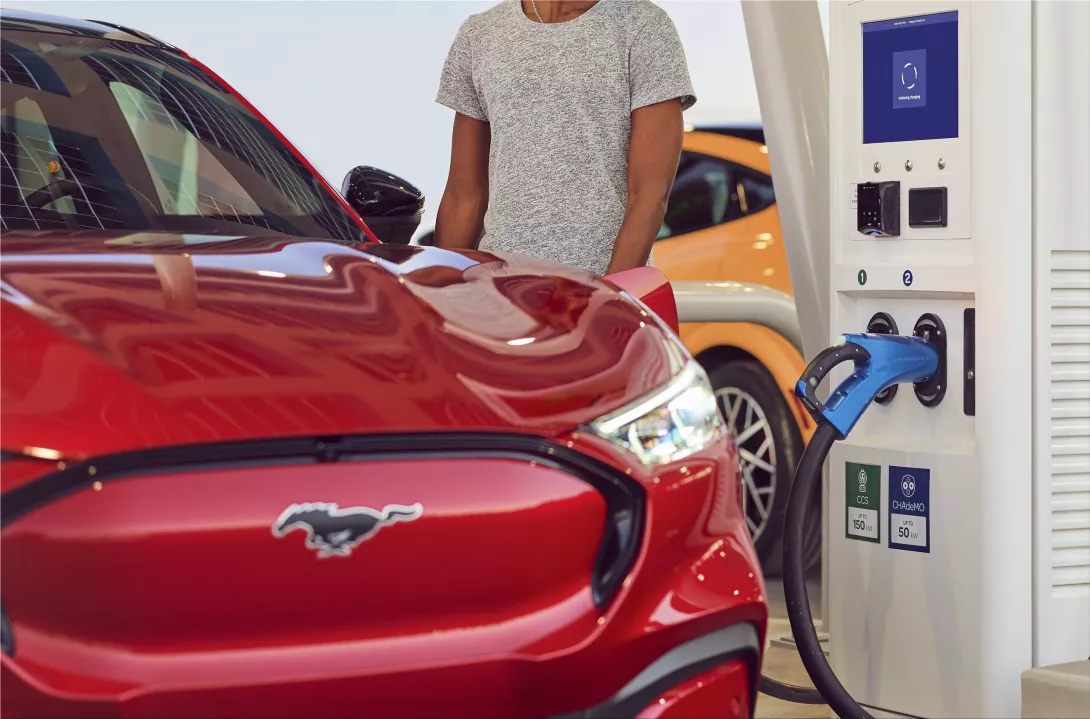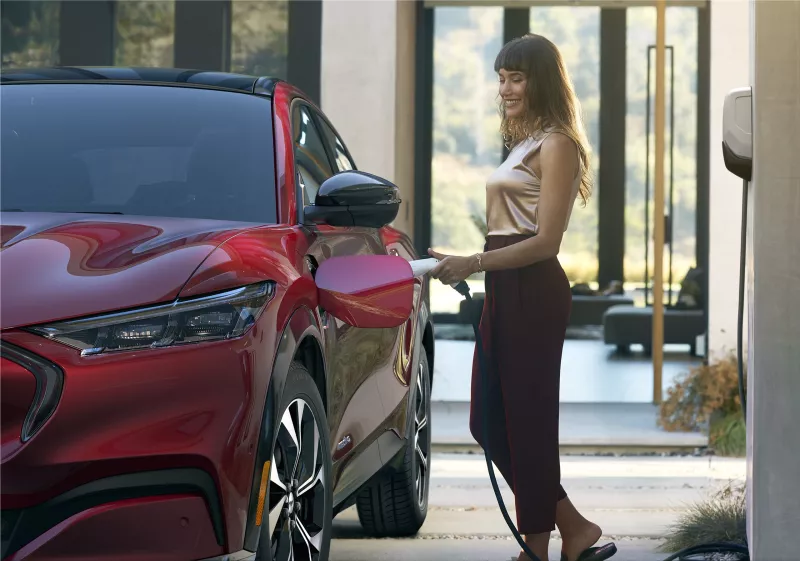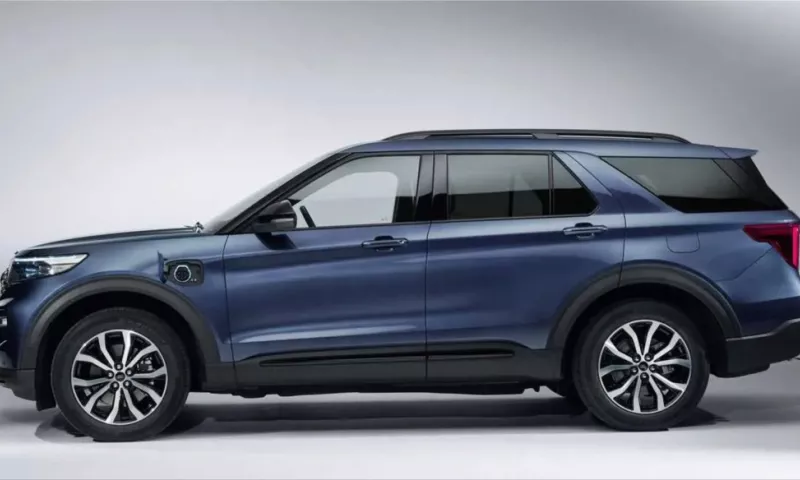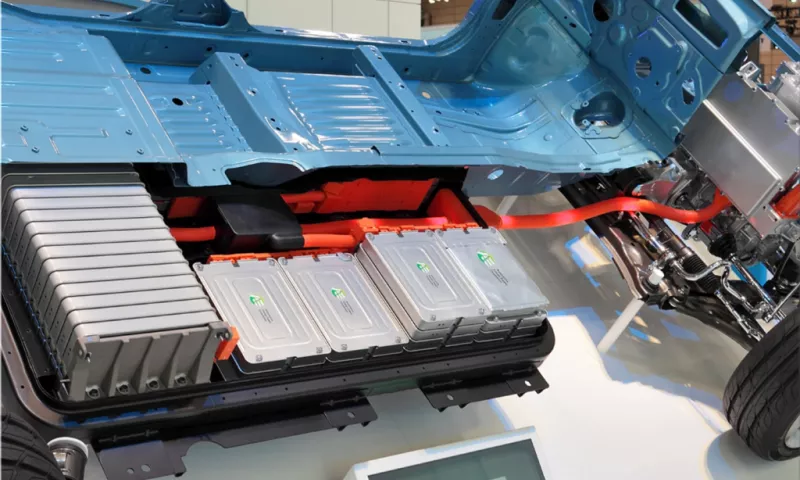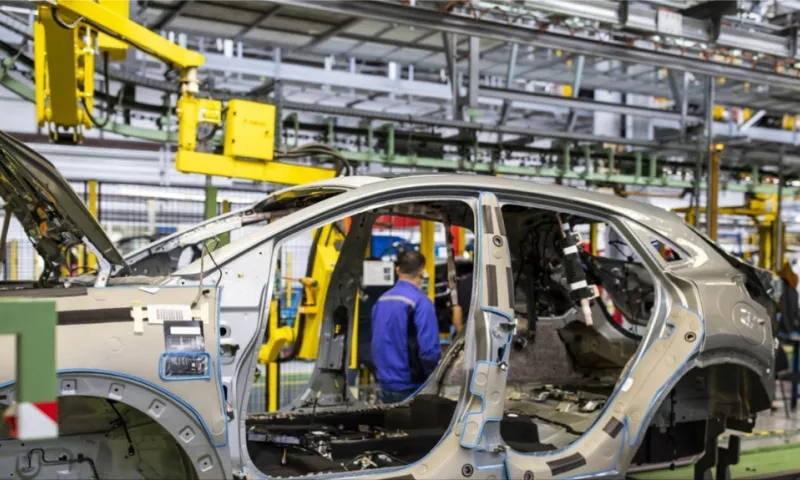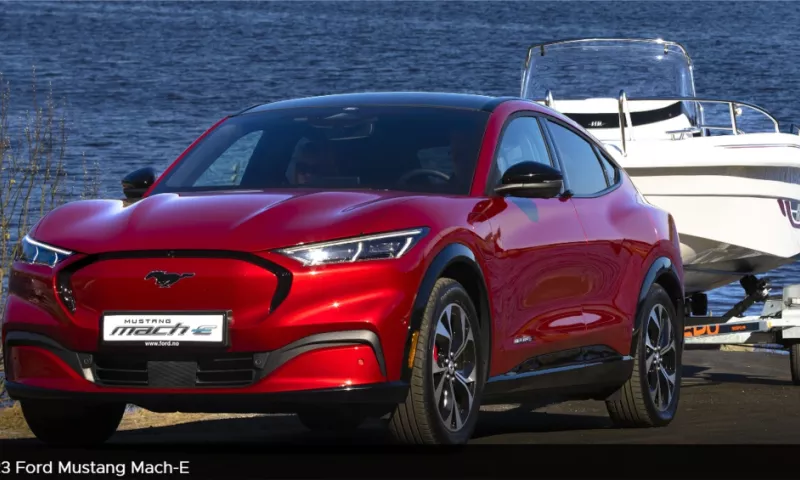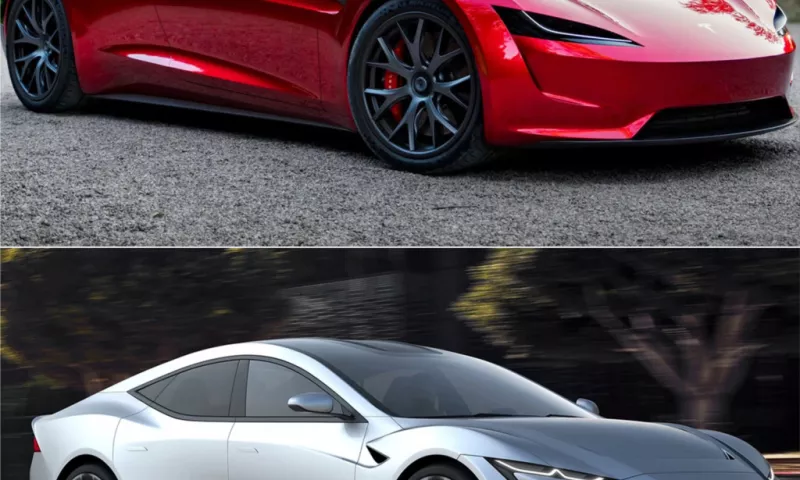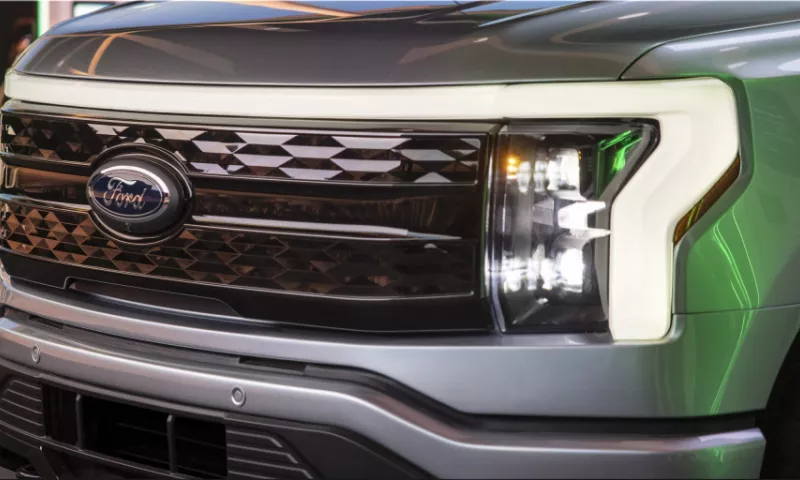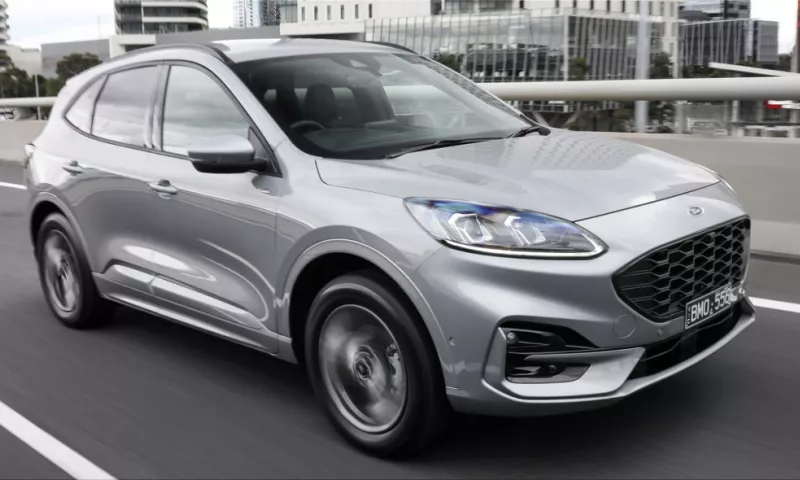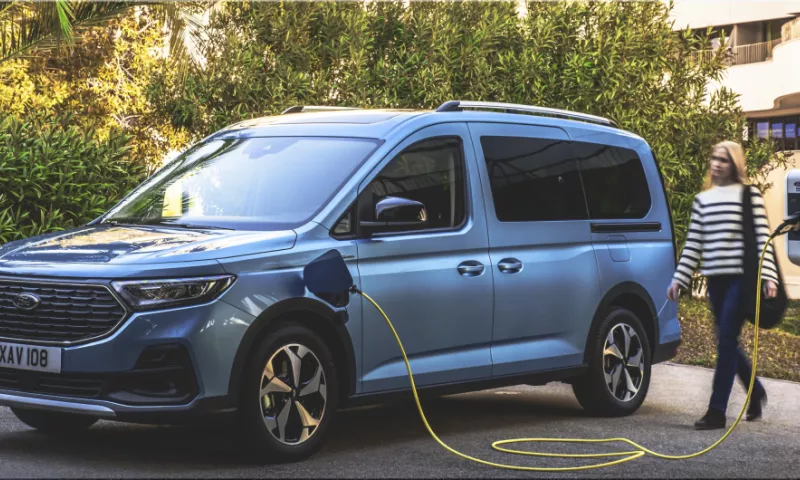Ford has issued its sustainability report for the 23rd year in a row. Ford's long-term commitment to sustainability is a central theme of this report, and for the first time, human rights are the subject of their message.
The "2022 Integrated Sustainability and Financial Report" focuses on Ford's move toward a future in which its vehicles are powered solely by electricity. The report details Ford's plans to increase global production of fully electric cars to over two million by 2026, with electric vehicles accounting for half of Ford's global sales by the end of 2030.
"The success of our plan hinges on our ability to make the world a better place for future generations. The Ford report serves as a yearly reminder of the significance of these core principles and the intensity of our commitment to making a difference that matters". Bill Ford, Ford's executive chair, had stated that the report is just as crucial now as it was when Ford was the first automaker to do so 23 years ago.
Ford has pledged to achieve carbon neutrality across the globe by the year 2050, and the new report details the company's plans to get there. As an example, Ford was able to cut its CO2 emissions by 35% in 2018 compared to 2017 levels.
Ford's transition to electric vehicles is critical to achieving the company's sustainability goals. While sustainability remains a top priority, Ford also released a human rights report this year. Ford is the first U.S. automaker to release a human rights report. The report discusses problems when sourcing and extracting materials (like those used to make new cars) and recycling old ones (like batteries).
The human rights report will investigate the origins of our raw materials, the locations of our manufacturing facilities, and the working conditions of our employees. Bill Ford says, "I am proud of our progress over the last two decades and look forward to more progress."
Ford is currently well underway on the road to a future where all vehicles are electric. Europe is also affected by these plans, which are explained in a different part of the 110-page report.
Ford's European assembly plants are already powered entirely by renewable energy. Ford recently announced a $2 billion investment across Europe in pursuit of its goal of providing European customers with even more electric vehicles. Ford plans to manufacture 1.2 million electric cars in its German plants over the next six years.
Bold action like this is essential if we are to succeed in our mission to remake Europe. These measures are crucial for having a positive and long-lasting impact on the environment, and they are also necessary for realizing the vision of an electric-vehicle-dominated Europe. Although 2035 is a ways off, Ford of Europe's Director of Sustainability, Environmental, and Safety Engineering, Stuart Southgate, says that immediate action is required to address climate change and achieve the goals of the Paris Agreement.
Over 300,000 charging locations in Europe are currently part of Ford's Blue Oval Charging Network. By the end of 2023, more than a thousand new charging stations will be added to the factories and headquarters of Ford in Europe.
Ford intends to invest over $50 billion worldwide between now and 2026 to play a significant role in the world's transition to an all-electric future. By the end of this time frame, Ford will be one of the world's most cutting-edge and efficient automakers, having developed more fully electric vehicles and manufacturing their batteries. Ford is putting in a lot of work to set up a reliable and ethical supply chain, which is creating thousands of new jobs.
Ford now participates in RouteZero. To combat climate change, countries worldwide are banding together to ensure that by 2040, all new cars sold worldwide will be zero-emission models, with progress being made in the leading markets as early as 2035.
Ford has introduced a new investment concept to help direct initiatives that benefit society and the environment. This has allowed Ford to issue $2.5 billion in sustainability-focused bonds, among other things. These will be used for various things, one of which is to help fund the company's new lineup of all-electric vehicles.
Ford has joined forces with Redwood Materials, a market leader in automobile battery technology. We are collaborating on a supply chain to recycle batteries to recycle more lithium-ion batteries eventually. Ford Ion Park will be a new global battery center in Michigan, USA, where lithium-ion battery cells will be researched, developed, made, tested, and possibly improved.
Ford has joined the U.S. Department of Energy in supporting the "Better Climate Challenge" to reduce CO2 emissions from Ford facilities by at least 50% by 2030. In keeping with its pledge, Ford will ensure that all its manufacturing facilities use carbon-neutral electricity by 2035. Ford's European assembly plants are already powered entirely by renewable energy.
In 2020, Ford and the Ford Fund contributed more than $74.4 million to humanitarian efforts worldwide. In addition, the two parties contributed $120 million to purchase face masks for those who could benefit most from them in the fight against COVID-19 in the United States. Ford and the Ford Fund helped set up a vaccine center in Romania. They also gave food and supplies for first aid to thousands of families in South America.
Recent developments validate Ford's strategy for driving future expansion and value creation. Over the past few years, Ford has seen rising revenue, net income, and EBIT. Significant obstacles, such as a shortage of microchips, COVID-19, and other supply chain issues, must be considered in light of this remarkable development.
This is Ford's second annual report, and it details the company's investments as well as its sustainability goals. These two components must work together seamlessly to present a unified picture. This year marks the publication of Ford's 23rd annual Sustainability Report.

